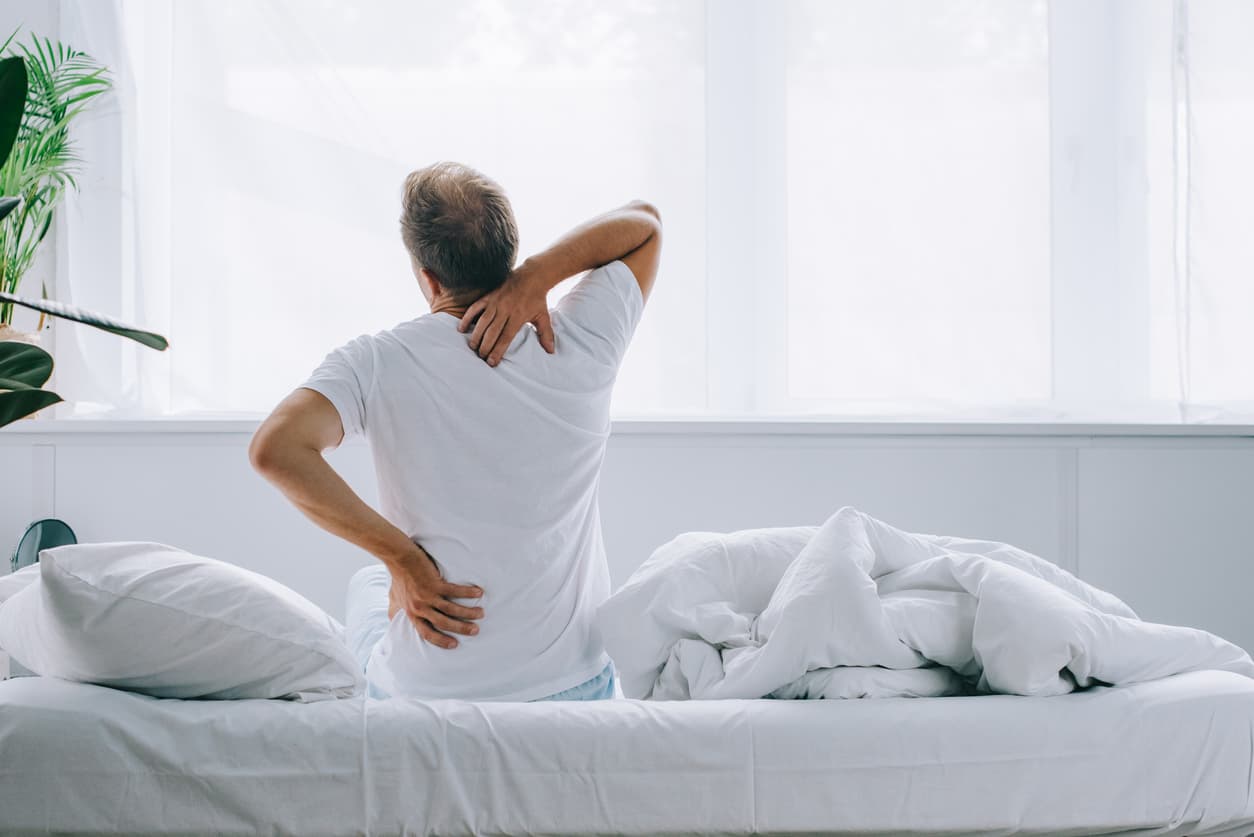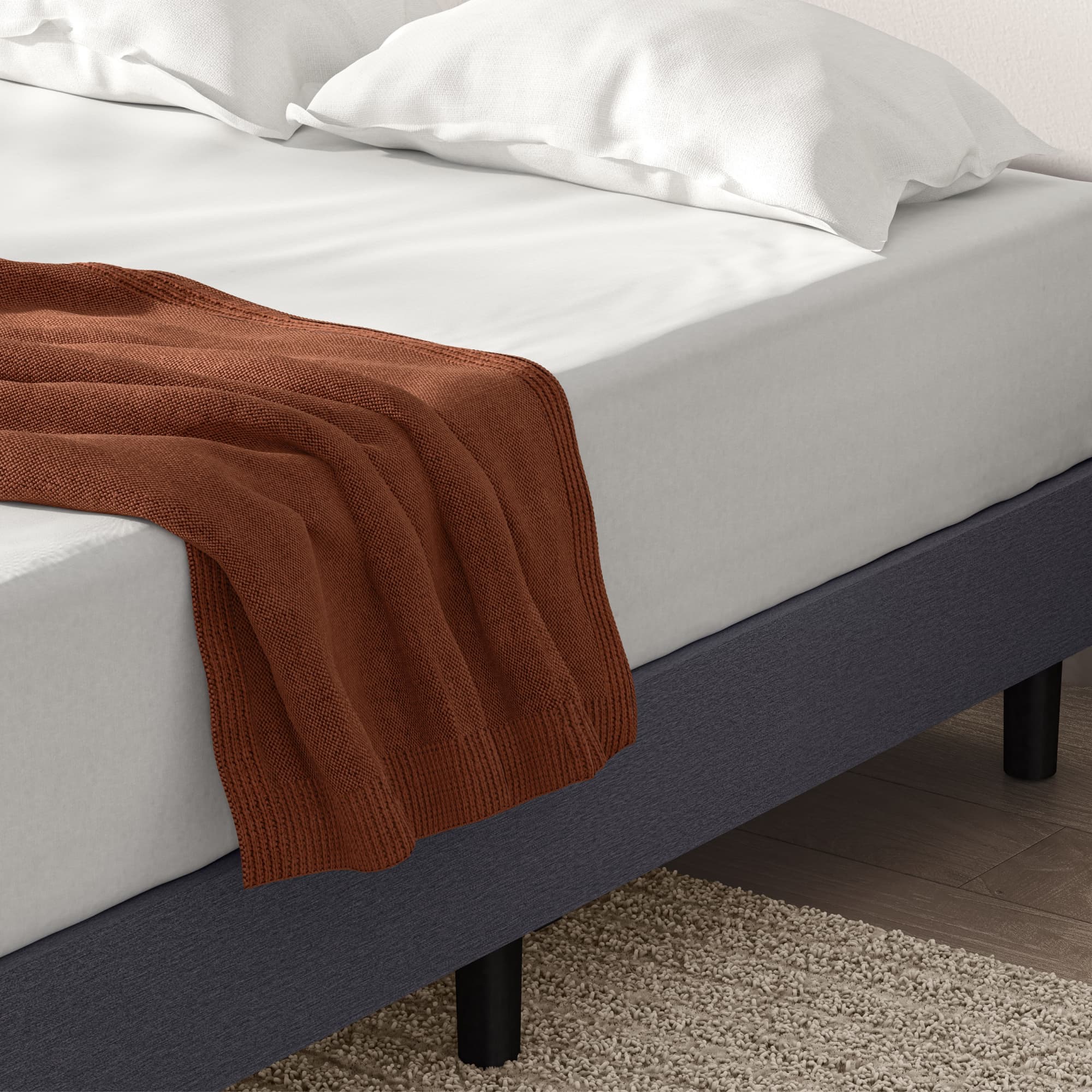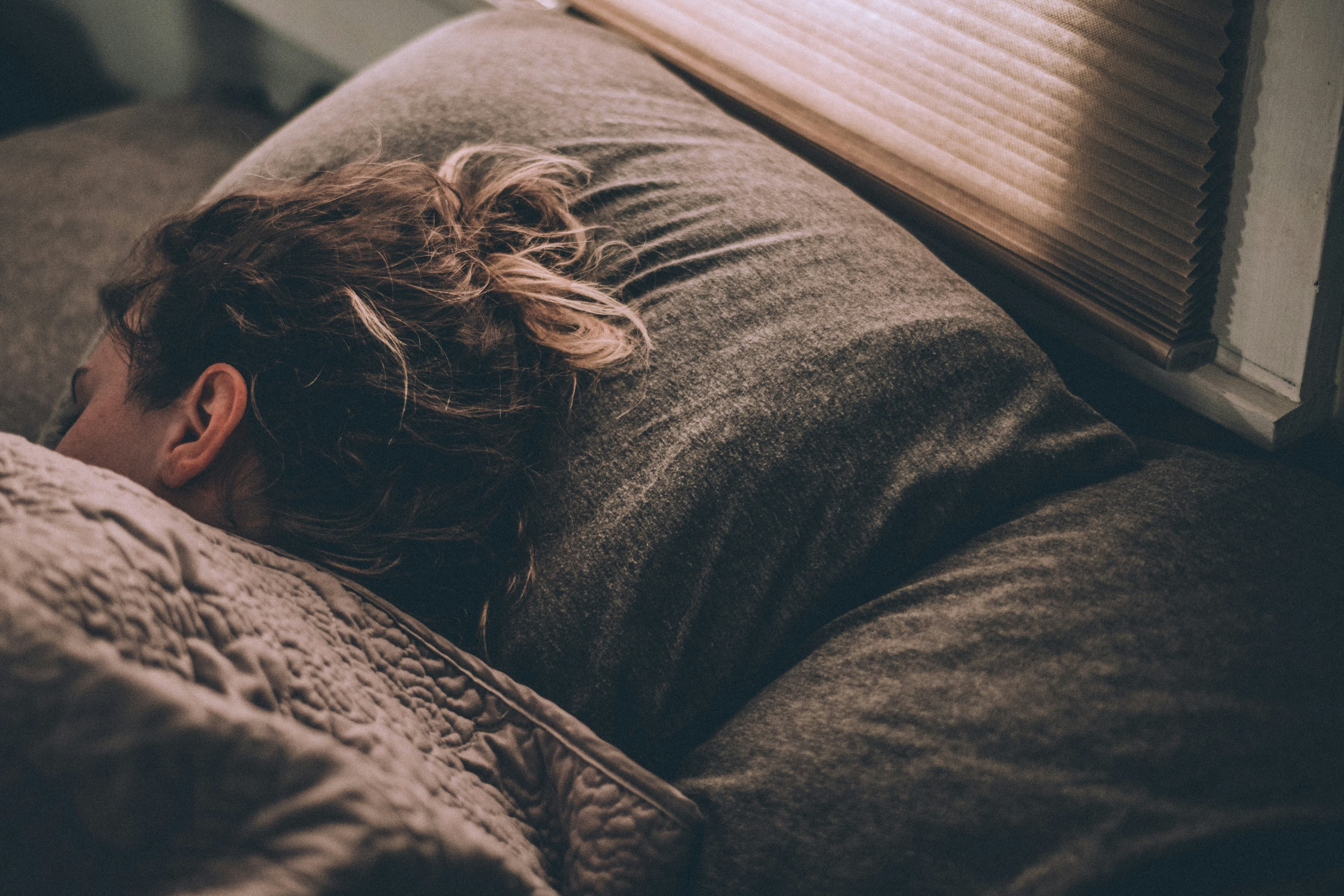Every Groundhog's Day, we watch and wait to see if Punxsutawney Phil, the famous groundhog from Pennsylvania, will see his shadow. This signals six more weeks of winter, or not, which many believe means we'll have an early spring.
But regardless of whether Phil predicts a longer winter or an early spring, it's important to keep the weather in mind. Especially when it comes to getting good sleep. We can all relate to wanting to stay in bed on a rainy day. Temperature plays an important role in getting quality Zzz's.
Temperature and Sleep
Cooler air = better sleep
As you start to get sleepy at the end of the day (or at that 3-o-clock slump!), your internal temperature begins to dip down. So, it probably makes sense that cooler air makes you sleepier. That's because it initiates your body's natural response to cooling off: sleep. This is also why it's ideal for getting your best sleep to set your room temperature between 60 and 70 degrees at night.
In the winter, it's easier to keep your room at an ideal sleeping temperature. So you may find it easier to fall asleep and stay asleep longer in cooler months. (Warning: this also means it may be a little harder to get out of your warm, toasty bed in the mornings!)
Warmer air makes it harder to sleep
Just as cooler air helps you get good sleep, warmer, humid air may negatively impact your sleep. When it's hot and humid outside, sometimes your thermostat has a hard time keeping up. This may translate to warm, humid air in the house. In general, people don't like to be hot and sticky, but it can be especially frustrating at night. It prevents your body from initiating its natural cooling process for sleep. Humid, hot air can also keep you from getting deep sleep.
If you're already a naturally hot sleeper, summertime sleeping may present a challenge, but we've got your back. Here are our tips for cooling it down in the bedroom:
- Wear loose-fitting, breathable pajamas
- Make sure your sheets are breathable and light
- Turn off any lamps or overhead lights prior to bed (these put off heat!)
- Avoid eating right before bed (your body is naturally warmer while you're digesting)
- Make use of your ceiling fan! Getting air moving is key.
Weather and sleep
Depending on what part of the world you live in, storms and inclement weather may impact your sleep (in some places, year-round!). The light and sound from a thunderstorm may awaken you in the middle of the night and prevent you from falling back asleep.
Our suggestion? White noise. Using a white noise machine can help you get better sleep. This is because white noise creates a blanket effect of sound, masking any random sounds throughout the night. That way, a boom of thunder (or your neighbor leaving for work at 5 a.m.), won't wake you up.
As for outside light, we recommend using black-out curtains. These offer an extra layer of light protection between your room and your blinds or windows. They may help if your area gets frequent thunder and lightning. If lightning isn't a concern for you, black-out curtains may still be a good idea. A totally dark room (as dark as you can make it!) is ideal for your best sleep.
Changing weather = changing pressure
With changes in the weather come pressure changes, too. This can cause nerve and joint pain, which may make it harder for you to get comfy and cozy when it comes time for bed.
Cold weather, for example, brings a rise in pressure and often times, an increase in arthritis pain. Whereas, falling pressures can cause an increase in migraine pain, according to a Tufts University study and another Dutch study . Any symptoms from these conditions may make it harder for you to fall asleep and stay asleep as the weather changes.
Weather and allergies
Almost everyone can relate to the annoying runny nose or scratchy throat of seasonal allergies. And if you've ever suffered from allergies, you know how hard they can make falling asleep at night.
Not to mention, the winter weather often brings with it colds and flus. Some common symptoms include an increased body temperature (which we already discussed can impact sleep!), snoring, coughing and general restlessness.
Improve your sleep with these tips:
- When appropriate, take allergy medicine. Consult with your doctor and find a dosage and frequency that works best for you.
- Getting the flu or catching a cold is no fun! Be sure to talk with a doctor before taking any heavy doses of cough or cold medicine. While they may help you fall asleep when you're sick, they can also stand in the way of you getting deep sleep.
- In winter months, when your heat is on, we recommend using a dehumidifier to help with the dry air. This will help those irritated sinuses.
So, whether Phil sees his shadow this February or not, you're prepared for what the changes in weather may do to your sleep.
Also read our article on 5 Ways to Eliminate Bedroom Distractions.
And check out how to make your tax return work for improving your sleep health!



